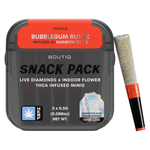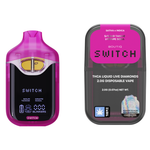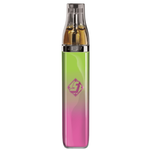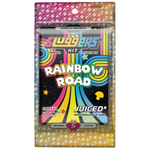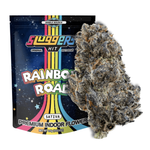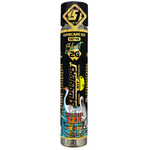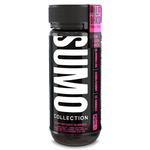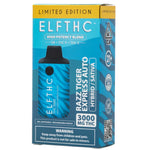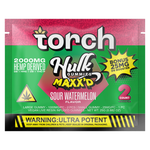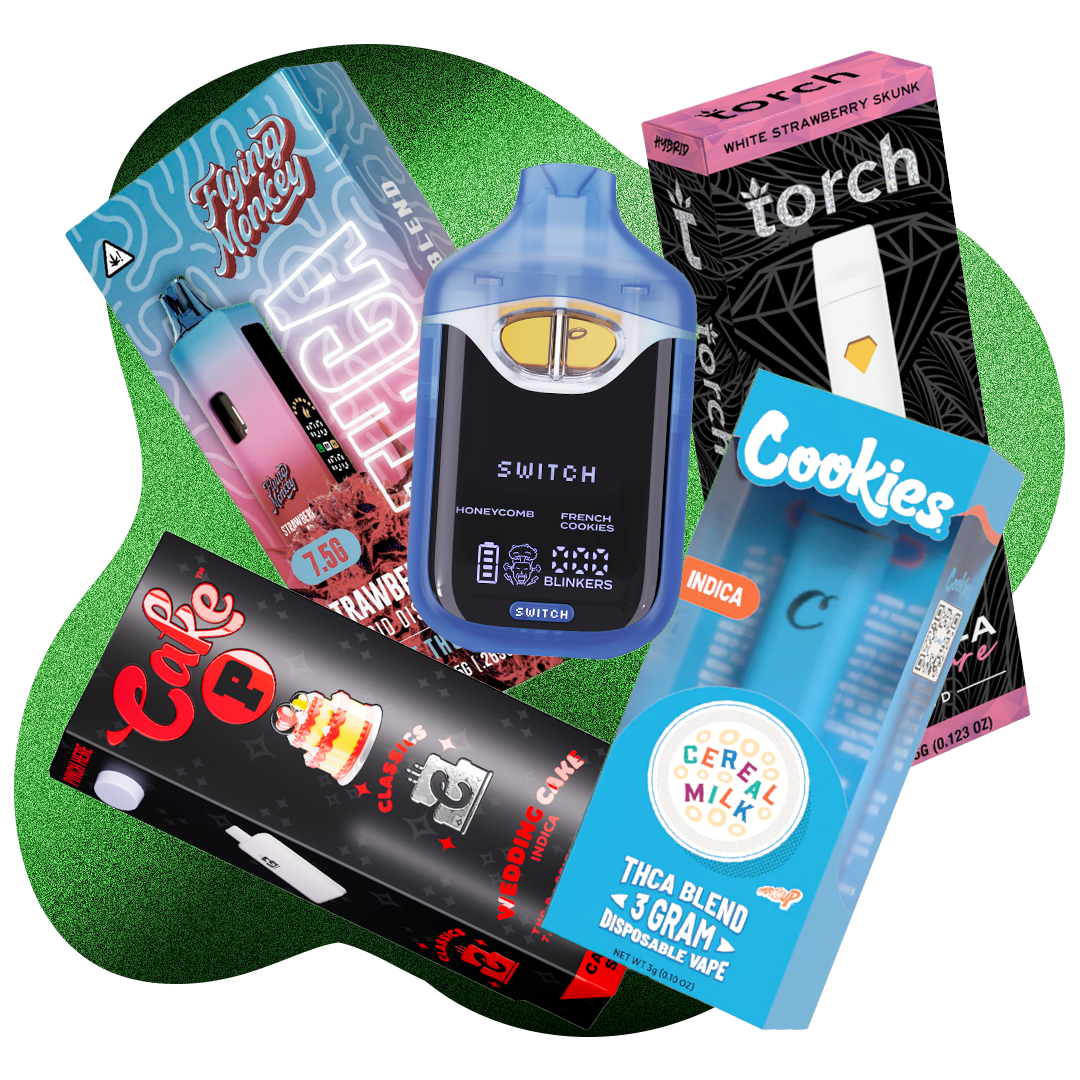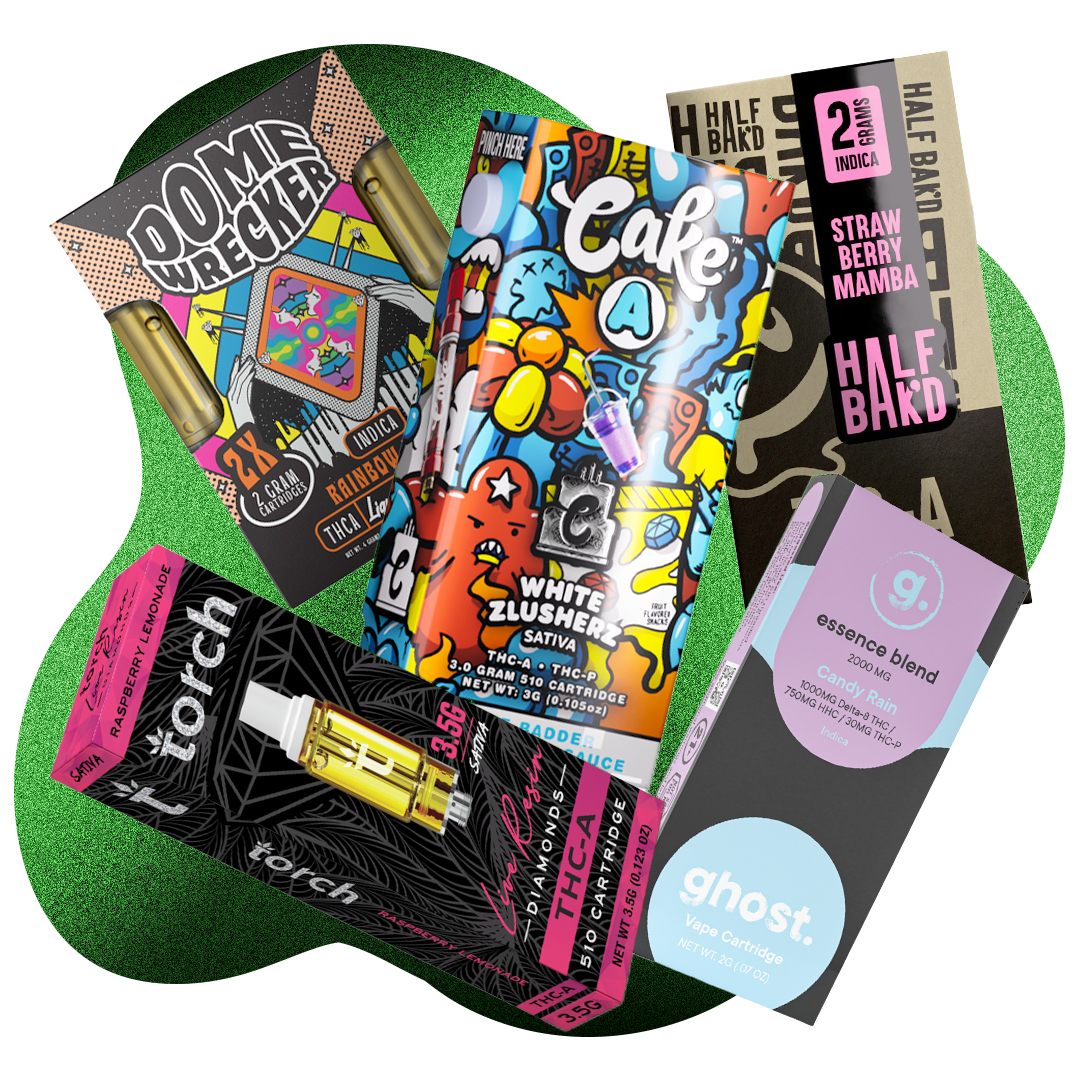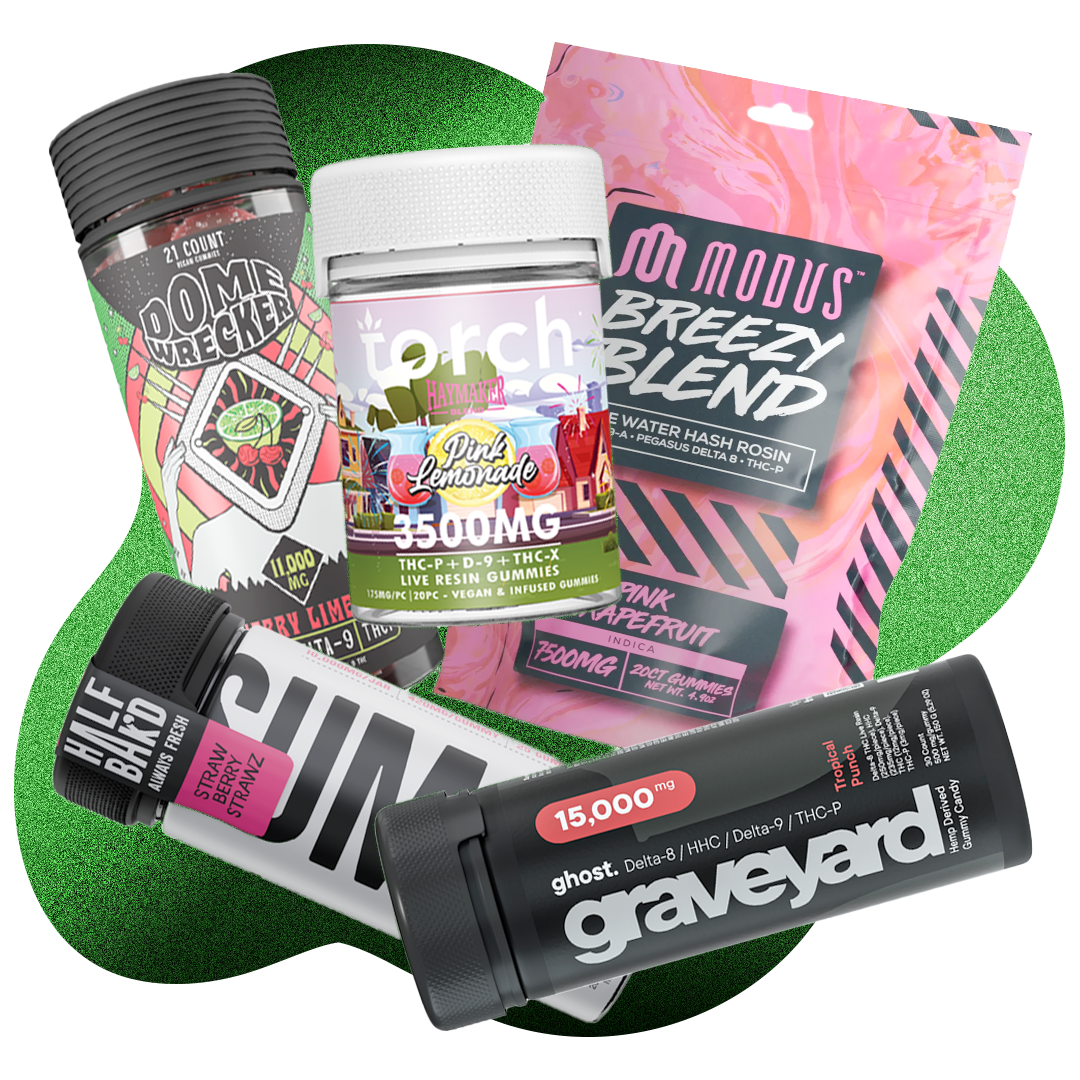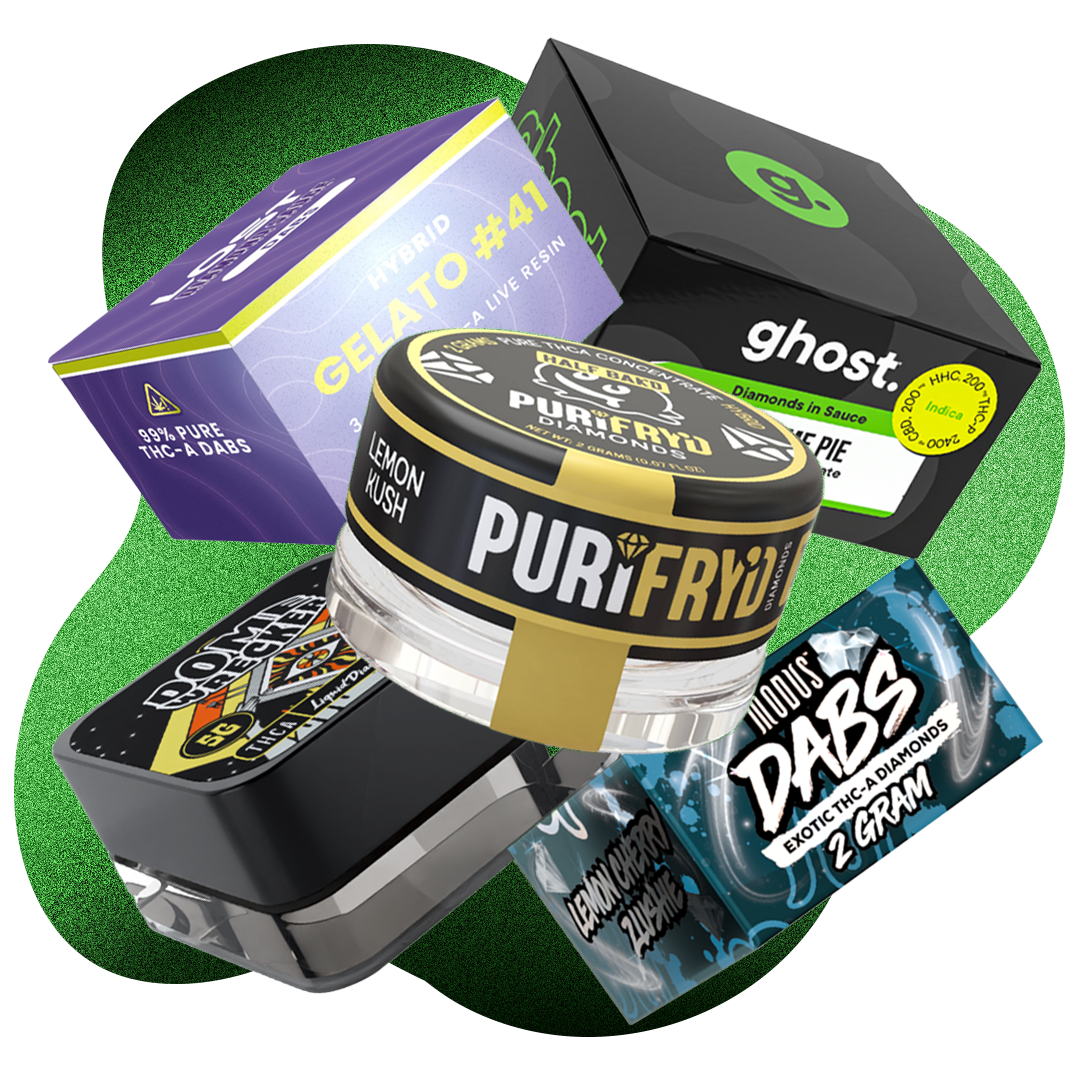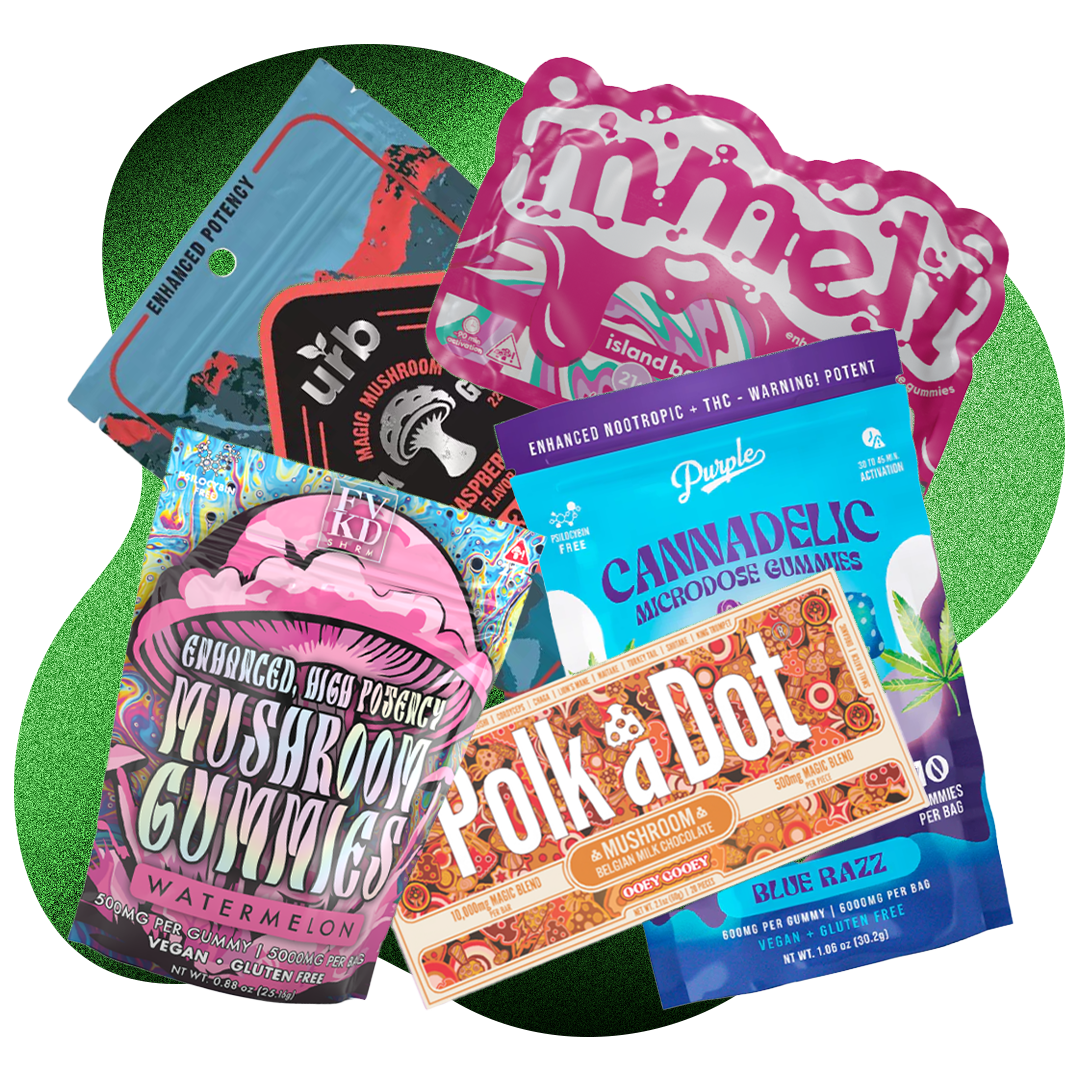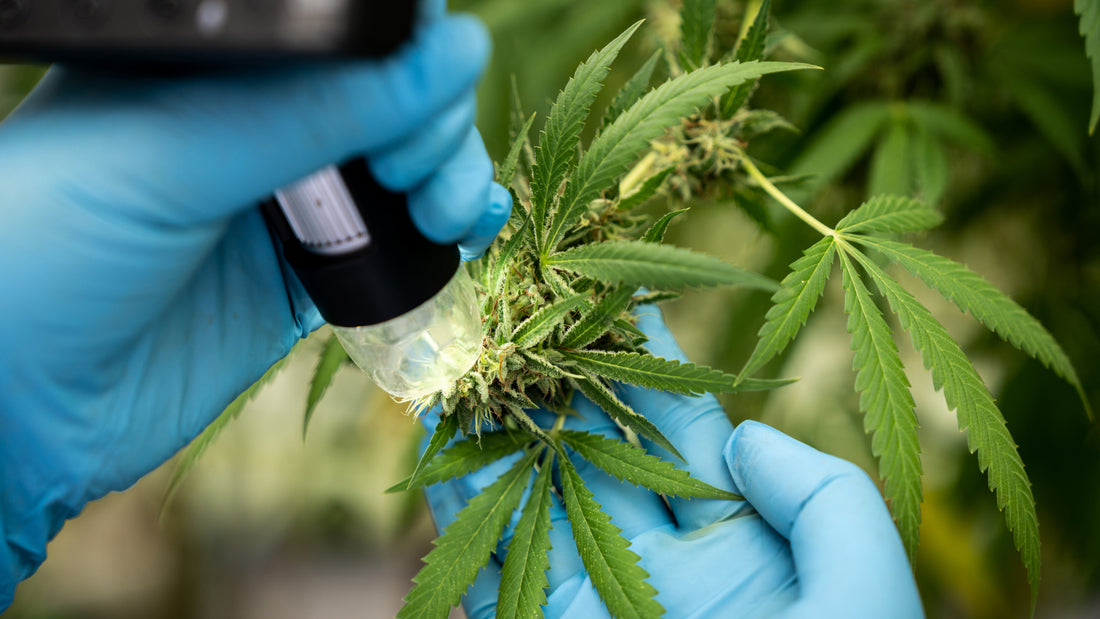In the growing market of cannabis and its products, the number one factor that comes into everyone's mind is safety and quality. Although, can you really trust the companies and their products to be true to what they sell in the packaging? There is an easy way to find out if these companies and their products are both safe and of good quality or not, and that is “third-party lab testing.”
With third-party testing labs, you can verify the potency, purity, and safety of CBD and cannabis products. Whether you are a confused customer or a worried retailer looking for good quality cannabis products, with reports from third-party labs, you can easily learn what to trust and what not to. Keep reading to learn more about third-party labs and how their certifications matter.
 Third-party testing is an independent quality control testing of a product or a service by an impartial organization that has no interest in that product or service. It reviews the standard of the product and checks for quality and performance.
These tests are conducted sticking to certain regulations, requirements, or criteria needed for the product. Third-party labs are trustworthy, especially among consumers, due to their unbiasedness. The areas that usually undergo third-party testing include food and beverage, pharmaceuticals, makeup, etc.
Third-party testing is an independent quality control testing of a product or a service by an impartial organization that has no interest in that product or service. It reviews the standard of the product and checks for quality and performance.
These tests are conducted sticking to certain regulations, requirements, or criteria needed for the product. Third-party labs are trustworthy, especially among consumers, due to their unbiasedness. The areas that usually undergo third-party testing include food and beverage, pharmaceuticals, makeup, etc.
 Both CBD and cannabis are widely used for medicinal and recreational purposes. This is why it is important for CBD and cannabis companies to use a third-party testing lab. Here are a few reasons:
Both CBD and cannabis are widely used for medicinal and recreational purposes. This is why it is important for CBD and cannabis companies to use a third-party testing lab. Here are a few reasons:
 Third-party testing can have several challenges and limitations that can impact its effectiveness and reliability. A few of these challenges are:
Third-party testing can have several challenges and limitations that can impact its effectiveness and reliability. A few of these challenges are:
 These are important for ensuring the safety and quality of cannabis products, which comply with regulations and also build trust among consumers. Here are a few key accreditations for cannabis and CBD lab testing:
These are important for ensuring the safety and quality of cannabis products, which comply with regulations and also build trust among consumers. Here are a few key accreditations for cannabis and CBD lab testing:
What is Third-Party Testing?
 Third-party testing is an independent quality control testing of a product or a service by an impartial organization that has no interest in that product or service. It reviews the standard of the product and checks for quality and performance.
These tests are conducted sticking to certain regulations, requirements, or criteria needed for the product. Third-party labs are trustworthy, especially among consumers, due to their unbiasedness. The areas that usually undergo third-party testing include food and beverage, pharmaceuticals, makeup, etc.
Third-party testing is an independent quality control testing of a product or a service by an impartial organization that has no interest in that product or service. It reviews the standard of the product and checks for quality and performance.
These tests are conducted sticking to certain regulations, requirements, or criteria needed for the product. Third-party labs are trustworthy, especially among consumers, due to their unbiasedness. The areas that usually undergo third-party testing include food and beverage, pharmaceuticals, makeup, etc.
Why Should Cbd or Cannabis Companies Use a Third-party Testing Lab?
 Both CBD and cannabis are widely used for medicinal and recreational purposes. This is why it is important for CBD and cannabis companies to use a third-party testing lab. Here are a few reasons:
Both CBD and cannabis are widely used for medicinal and recreational purposes. This is why it is important for CBD and cannabis companies to use a third-party testing lab. Here are a few reasons:
Quality and Safety
Third-party testing can ensure high-quality and premium cannabis products with correct concentrations of cannabis that are fit for consumption. It can be ensured that the products are free from pesticides, heavy metals, molds, and solvents.Preventing Health Risks
Third-party testing can reduce health risks by ensuring product safety, purity, and potency. It ensures that the products are free from harmful chemicals such as butane or ethanol, which can cause breathing problems and toxicity. It also detects allergens to prevent allergic reactions.Regulatory Compliance
Third-party testing can ensure that the products comply with local, state, and federal regulations when it comes to cannabis, its content, and purity. These labs also provide Certificates of Analysis(COAs), which are detailed documents of the product's cannabinoid profile, contamination levels, and compliance with safety standards.Customer Trust
Third-party testing can ensure transparency and reliability among customers by providing them with labeled content of CBD, THC, etc., so that they know exactly what they're consuming. Since these labs provide impartial results of the safety tests conducted, they enhance the credibility and trustworthiness of customers.Retailer Requirements
Third-party testing builds retailer's confidence. The products are verified as free from harmful contamination and are properly labeled, which reduces their liability. Third-party testing can enhance product credibility and appeal to customers, which in turn can also help retailers gain a competitive advantage in the market.Challenges and Limitations of Third-Party Lab Testing
 Third-party testing can have several challenges and limitations that can impact its effectiveness and reliability. A few of these challenges are:
Third-party testing can have several challenges and limitations that can impact its effectiveness and reliability. A few of these challenges are:
Lack of Standardization
The different methods used by different labs to analyze cannabinoid content, detect contamination, and ensure safety can lead to inconsistent results or interpretations. This can complicate the regulatory compliance process and could end up providing struggles with ensuring the reliability and accuracy of data.Cost Considerations
Cost Considerations, especially for smaller companies, can be a huge challenge to the business. Smaller companies have a limited budget, and third-party testing can become a financial burden to them and potentially compromise the quality of their products. As requirements and testing demands increase, managing these expenses can get more difficult.Timing Issues
The testing services, transportation of samples to the lab, and time needed to wait for results can delay product launches. Delayed launches can cause huge revenue losses for the company and lead to missed opportunities. It is important to have better coordination between companies and testing labs in order to avoid such problems.Data Integrity and Safety
It is important to ensure the integrity and safety of data which was tested to prevent manipulation or data breaches. Cross-contamination, mislabeling, or mishandling of the samples can compromise the validity of the results.Interpretation of Results
It is necessary to evaluate results by following regulatory standards and safety measures. Inconsistent interpretation can lead to confusion and miscommunication, which can affect the safety of customers. Moreover, it is also possible for labs to come to different conclusions, which can further complicate things.Which Cannabis Certifications Are the Most Recognizable?
There are several cannabis certifications that are widely recognized and respected when it comes to product safety, quality, and compliance. Here are a few of those:1. National Safety Federation(NSF)
NSF is a global public health and safety organization. Its certification is significant in cannabis industries since it ensures standards for safety, quality, and sustainability are met. It certifies that there are no contaminants in the products and verifies the validity of labels.2. U.S Hemp Authority
The U.S Hemp certification program established in late 2018 adds high-standard practices and self-regulation to provide confidence in hemp and CBD products among consumers and retailers. It ensures the best farming and industry practices that stick to relevant regulations and standards with sustainability, quality, and compliance.3. USDA Organic
USDA Organic certifies that the products are made using organic methods without the use of synthetic fertilizers or pesticides. It is widely recognized and trusted by consumers who are looking for organic cannabis products.4. GACP(Good Agricultural and Collection Practices)
The GACP, developed by WHO, ensures the cultivation and collection of plant materials, especially medicinal ones, of the best quality. It is also very relevant for cannabis cultivation since it promotes safe and sustainable practices. The usage and applicability of GACP guidelines change depending on the nature of the production process and use.5. ISO 9001
ISO 9001 has issued more than one million certificates for organizations in over 189 countries. It is a globally recognized standard for quality management and is applicable across variable industries, including cannabis. They focus on customer service and continuous improvement.What Are Cannabis Testing Lab Accreditations?
Cannabis testing lab accreditations are certifications and recognitions by which a laboratory's expertise, precision, and commitment can be validated. These accreditations are necessary for guaranteeing accurate, reliable, and consistent test results. These are important for ensuring the safety and quality of cannabis products, which comply with regulations and also build trust among consumers. Here are a few key accreditations for cannabis and CBD lab testing:
These are important for ensuring the safety and quality of cannabis products, which comply with regulations and also build trust among consumers. Here are a few key accreditations for cannabis and CBD lab testing:
- ISO/IEC 17025 Accreditation
- Association of Official Agricultural Chemists (AOAC)
- National Environmental Laboratory Accreditation Program (NELAP)
- American Association for Laboratory Accreditation (A2LA)


